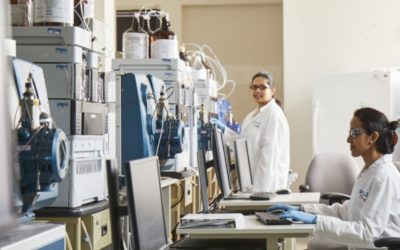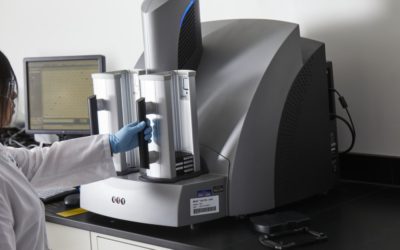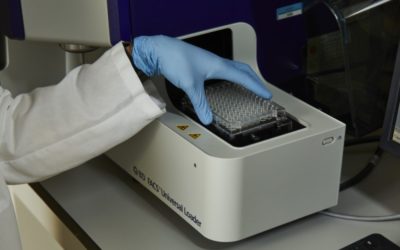Engaging the right partners at the right time is essential to drug developers and the success of their compound. We sat down with Grace Furman, small-molecule toxicology consultant at Paracelsus, Inc., to get her perspective on some of the most pressing challenges and...
Biologics
Transitioning to Phase I Clinical Trials
Developing biologic solutions is a complex process, and bridging bioanalytical assays from preclinical to phase I clinical trials is a demanding step in advancing your therapeutic. While maneuvering through regulatory requirements and intensive testing, it is easy for...
Immunoaffinity Purification using LC-MS/MS: Comparing Two Methods
Protein quantitation by liquid chromatography-tandem mass spectrometry (LC-MS/MS) has become an increasingly popular field for pharmacokinetics study in the drug discovery phase. Traditional method development using a ligand binding assay usually requires 2-3 months....
Webinar: Practical Implications of Recent Changes to Immunogenicity Risk Assessment
Immunogenicity assessment helps drug developers understand the possible immune responses that can occur when humans are exposed to a potential therapeutic protein. Recently, the FDA has updated its guidance for immunogenicity risk assessment for developing and...
Immunogenicity Assessment for Biologics Development: How to Reduce the Risk of a Clinical Hold
In 2019, the U.S. Food and Drug Administration (FDA) revised its guidance for immunogenicity risk assessment (IRA) of biological therapies. IRA is required to help drug developers and regulatory agencies better understand the potential impact an immune response will...




